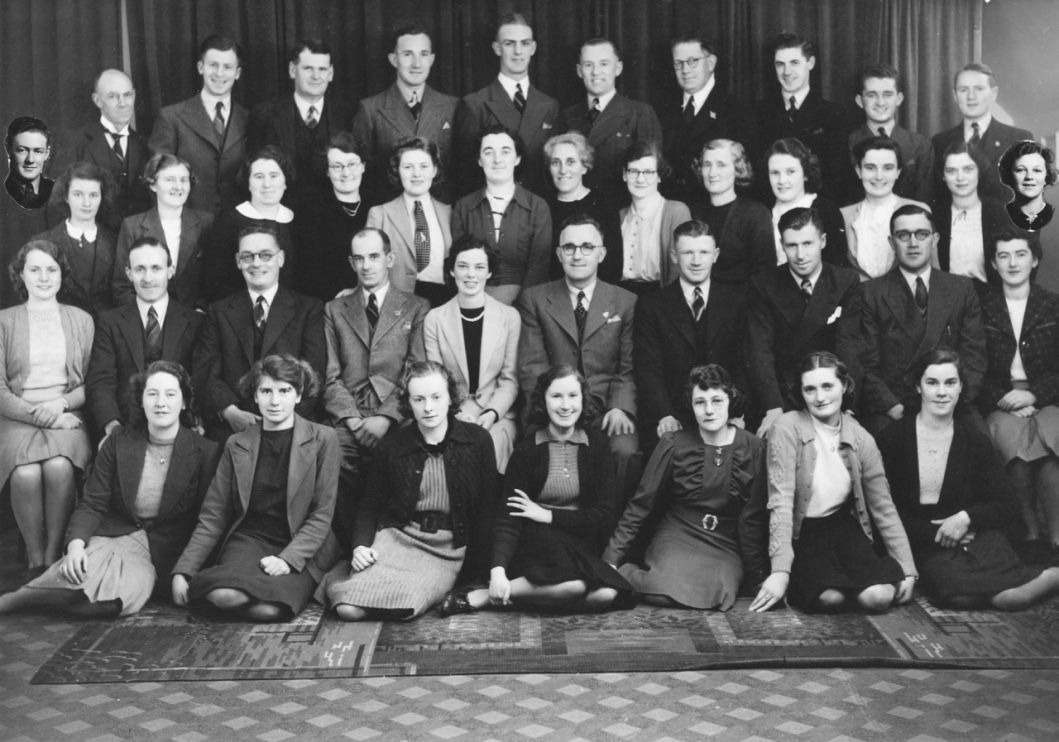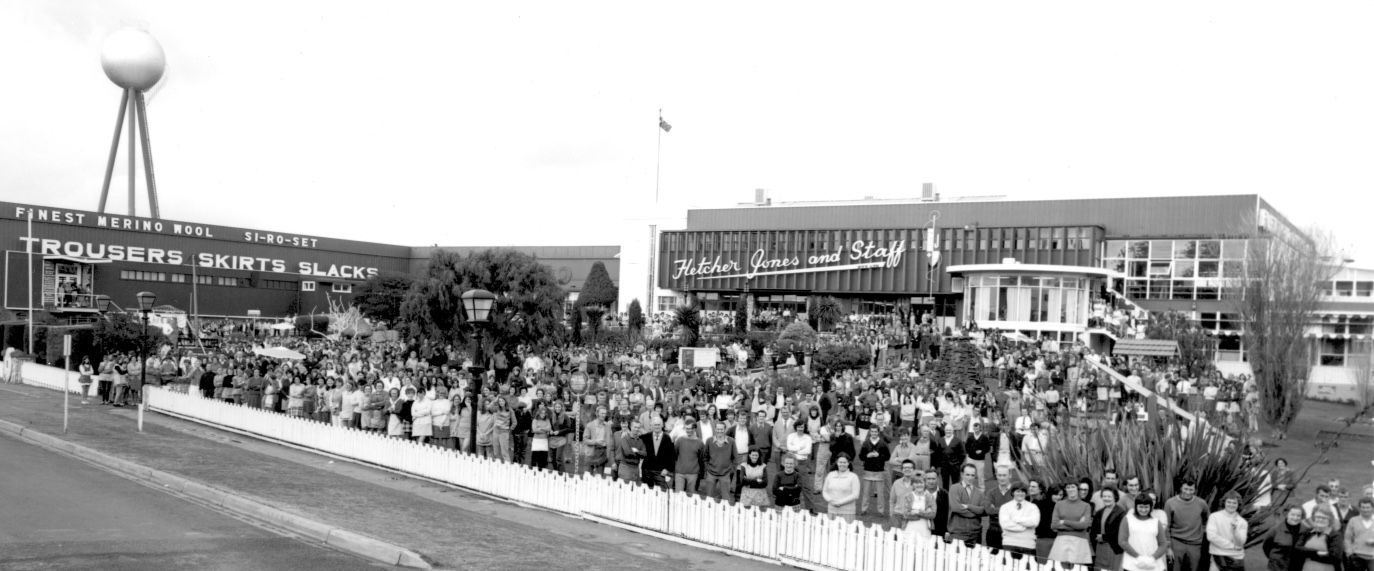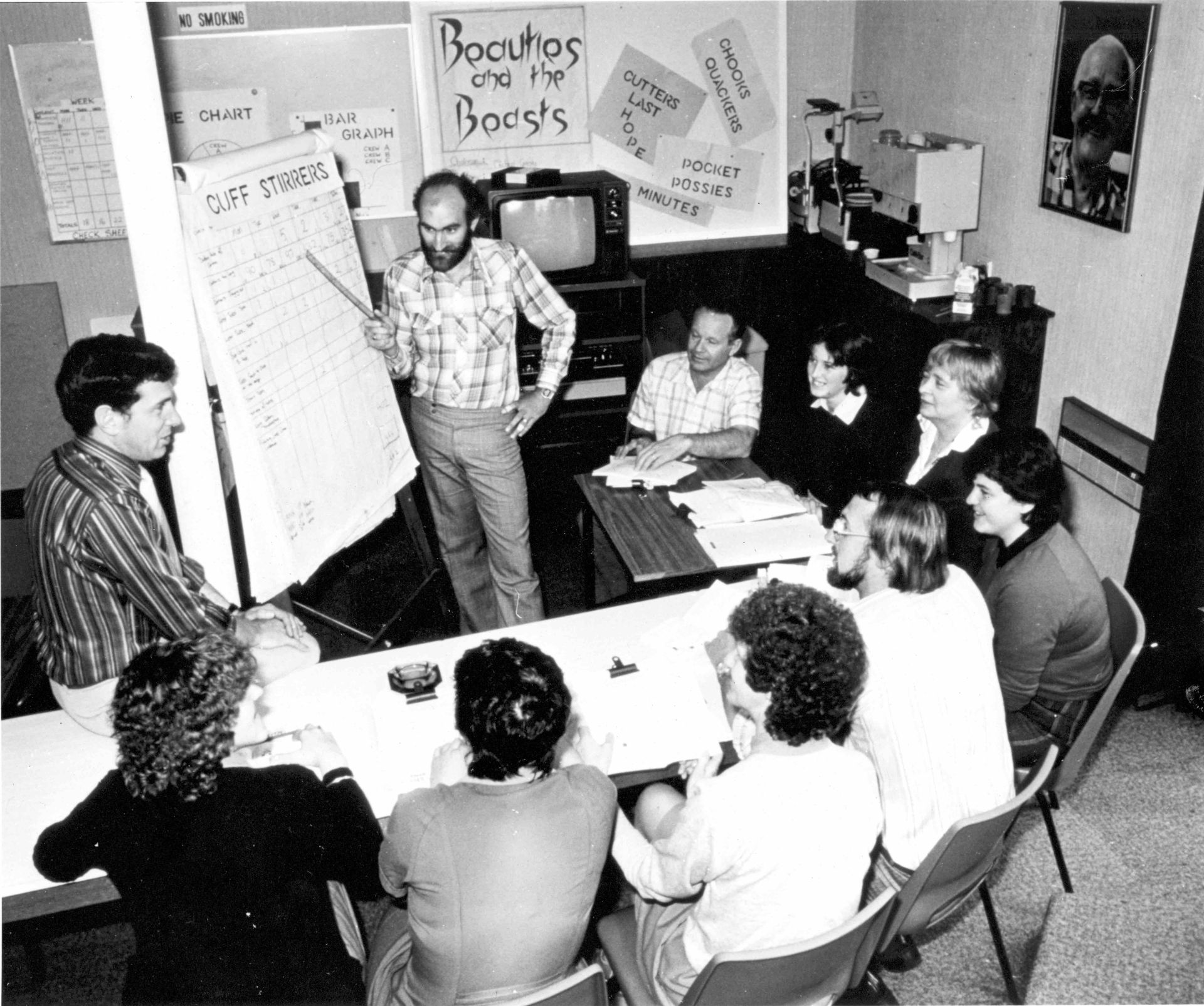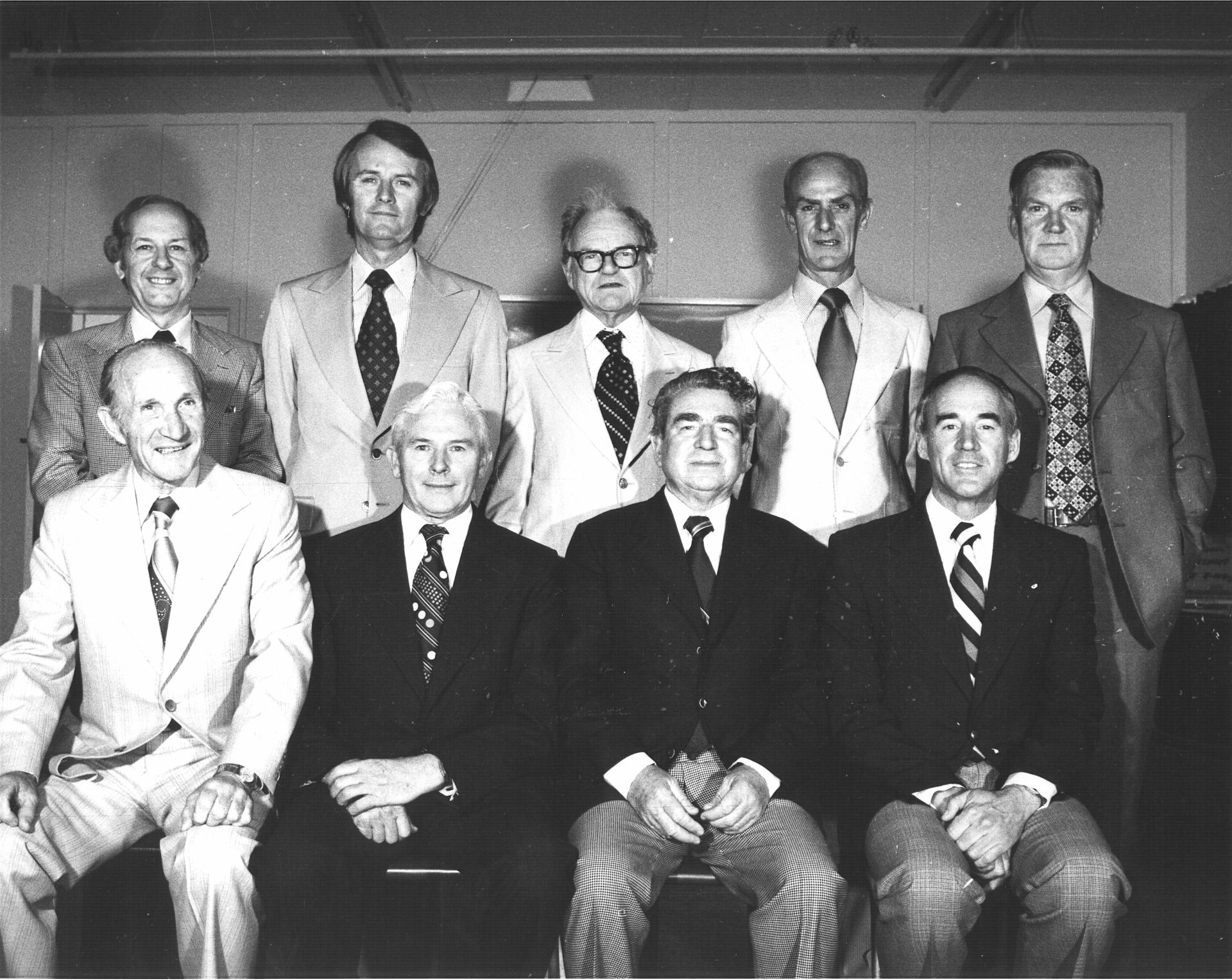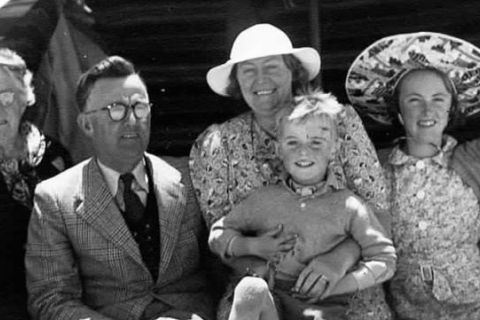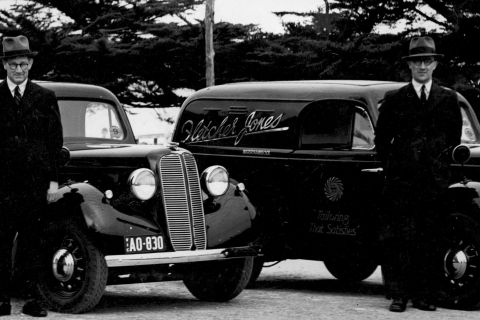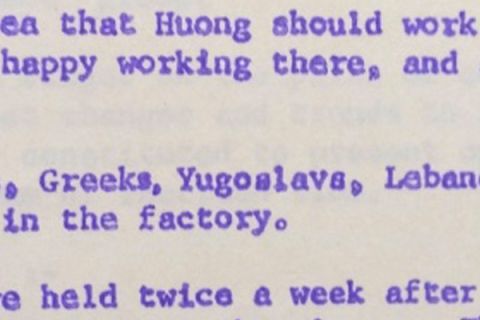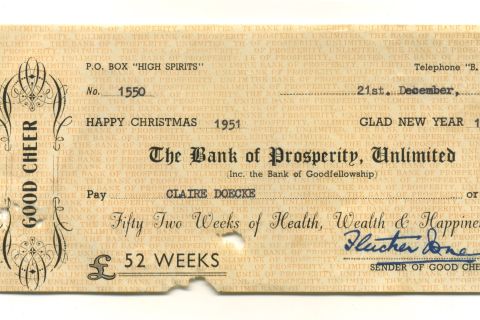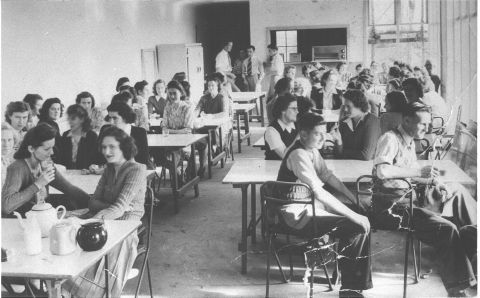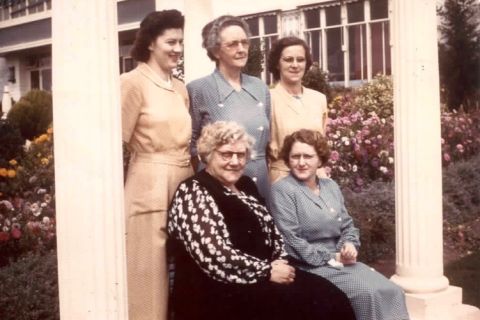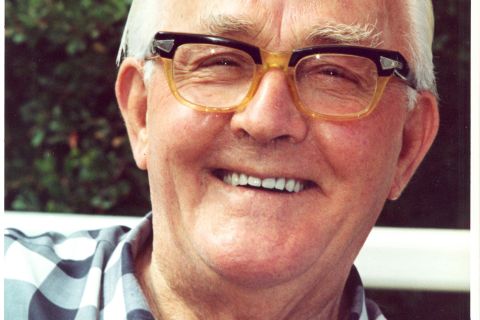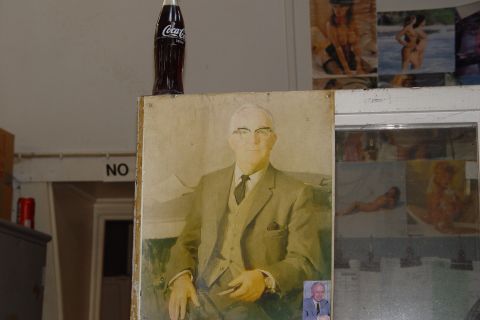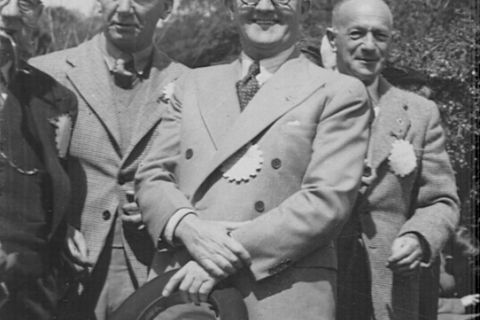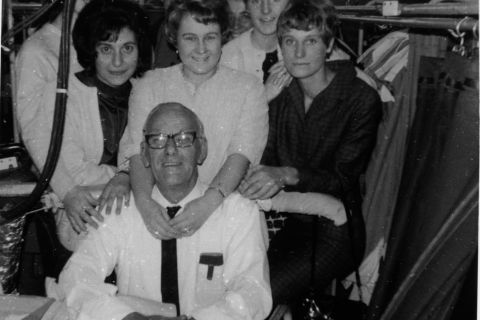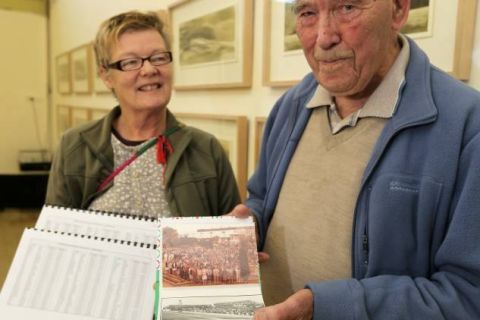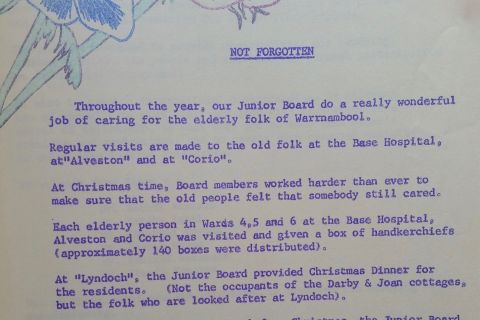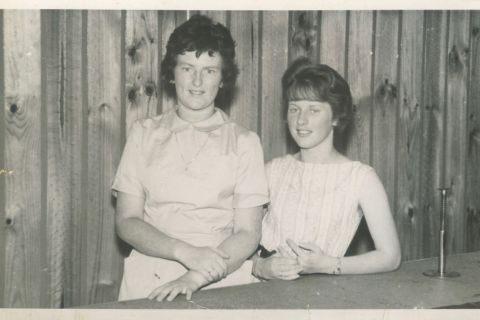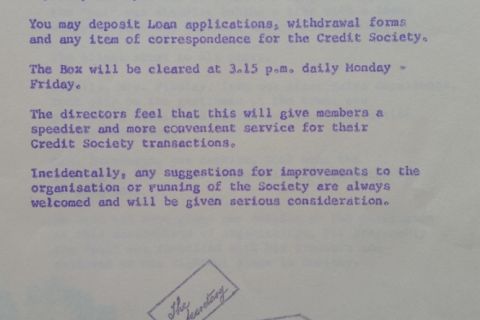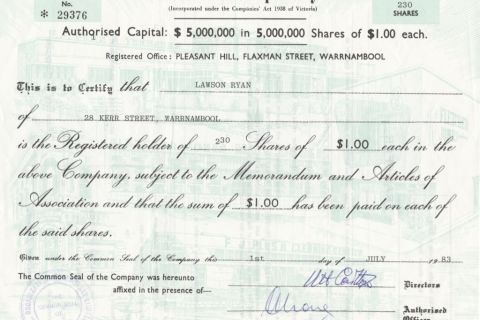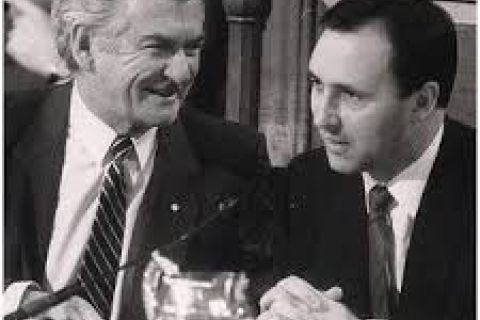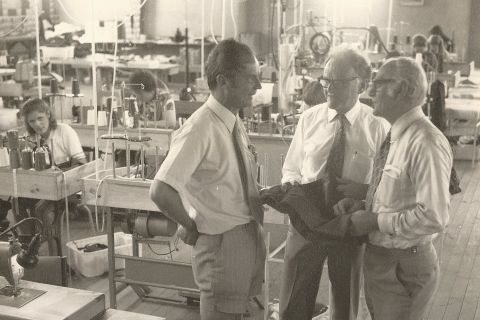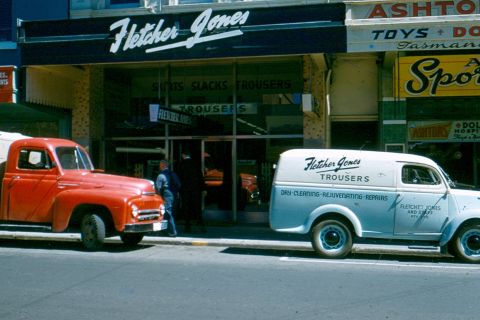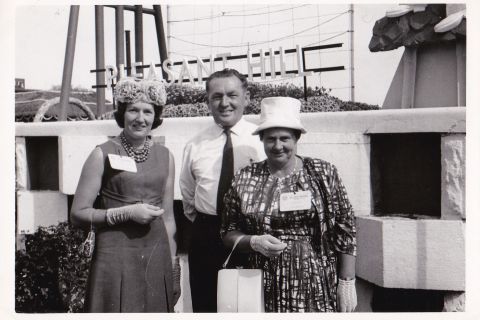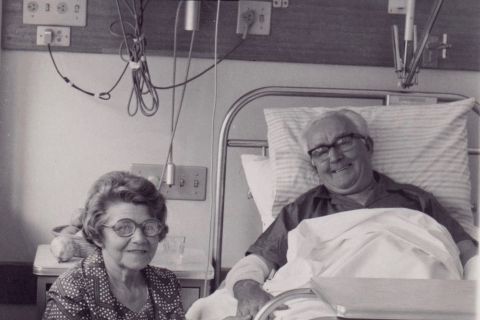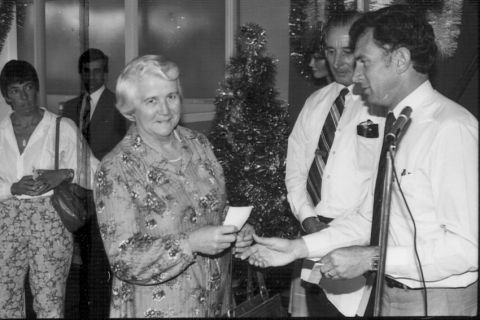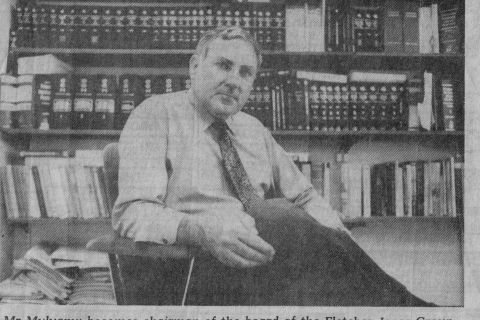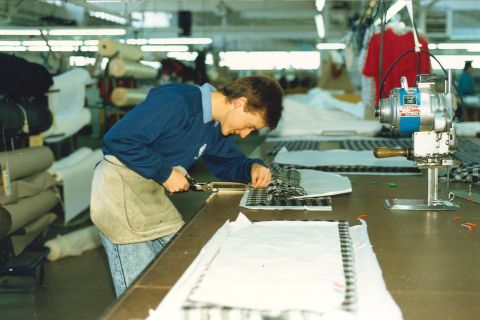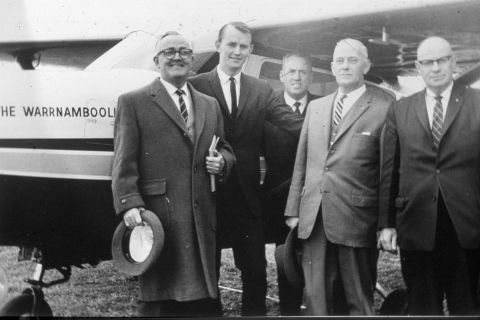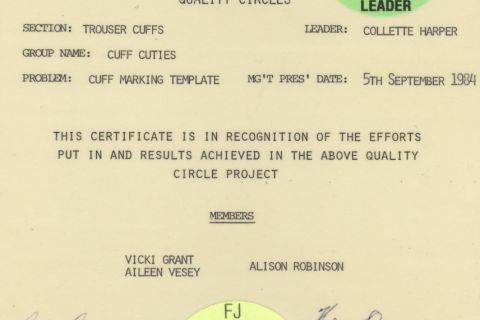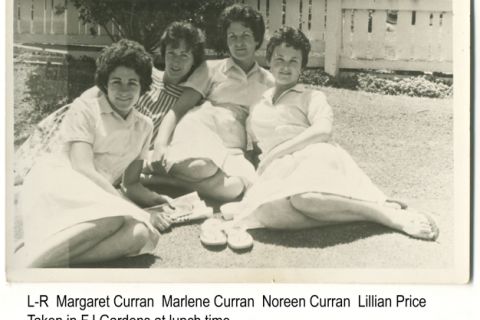Fletcher would come through and ask - "are you happy? How do you think we could make this place better for you and for the company?" Ray Hussey
Of course it was a business - but it was a corporation that had a heart. Doug Maloney
Fletcher Jones took a great interest in all his staff, stopping to speak, checking everything was ok and most importantly, addressing people by their name. Robert Lanchbery.
Fletcher Jones continues to hold a special place in people’s memories because of the particular ethos and special qualities of both the man and the business. Over time, FJs employees became the majority shareholders of the business and they were involved in decision making at the factory floor and at board level. The company had an emphasis on people rather than profit- employees and their families and customers.
Fletcher Jones believed that the people who made the products should benefit, not outside shareholders interested only in profits!
Fletcher Jones said that "staff ownership was important, but it could only be of value to the employees if the business was successful!"
Staff shareholding was never viewed as a means of encouraging productivity. "There seems to be little relationship between the degree of industry that a man might work with today and the size of the dividend he might receive next year." Fletcher Jones regarded participation in decision-making a far more important factor for job satisfaction and for boosting productivity. Management by consultation principles allowed people to have a sense of ownership in their work area and encouraged them to generate useful ideas to boost productivity. The degree of staff involvement in the company is considered unusual in the history of Australian business.
